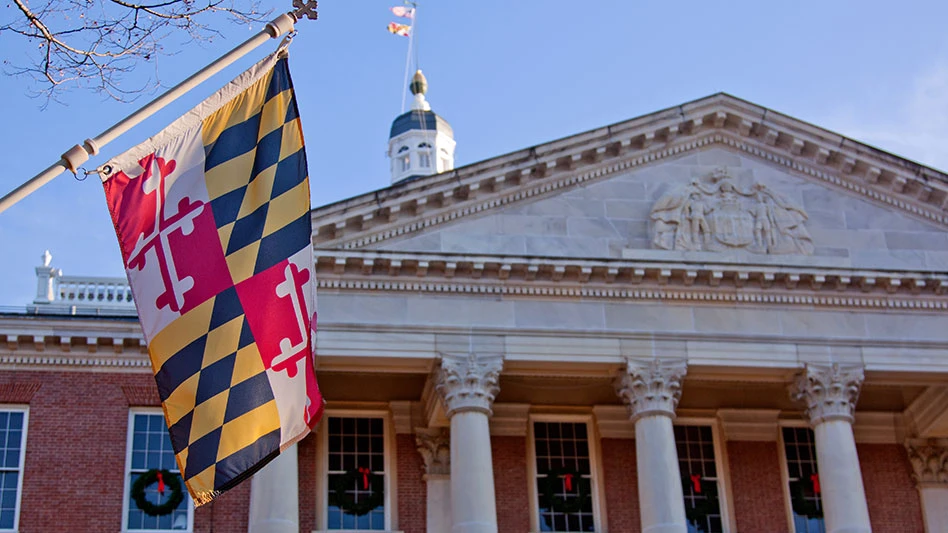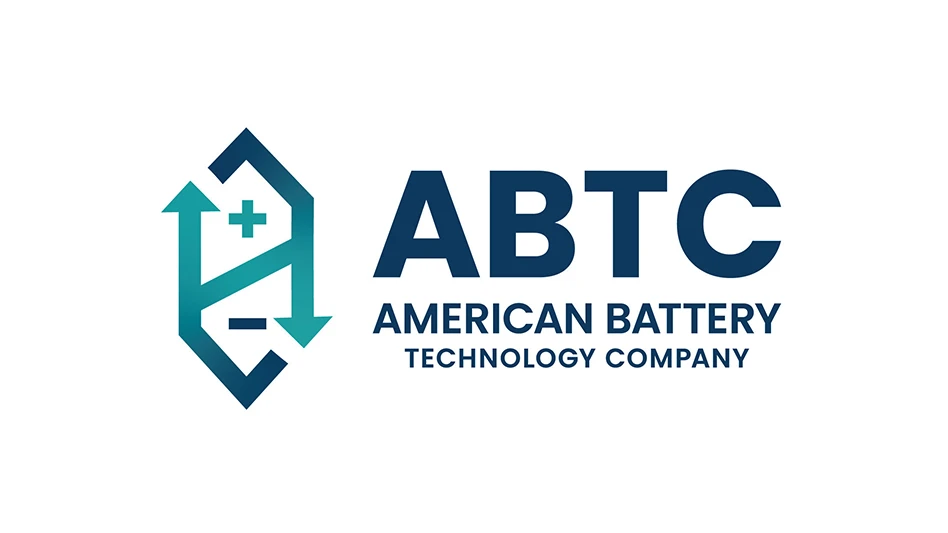The future role of municipal recycling will be debated in some depth when the National Recycling Coalition’s Annual Congress & Exposition convenes from September 17 through 19 in Pittsburgh. This year’s theme is Revitalizing America’s Future.
The convention’s debating mode will be jump-started by keynote speaker Jim Hightower, described as "a left-of-center populist radio host" who will address strategies for becoming more environmentally and consumer conscious.
"It’s going to be really exciting," says Mark Lichtenstein, NRC president and deputy superintendent of the Oswego County Division of Solid Waste, Oswego, N.Y. "The idea was to get a high-energy speaker to get everybody in that mood for the convention, and he’s got that reputation."
RECYCLING ECONOMICS
The cost-effectiveness of municipal recycling has been under intense scrutiny recently, motivating the NRC to gear some of its convention programs around this topic, according to Edgar Miller, NRC’s director of policy and programs.
"We’ve expanded the policy track to comprise both policy and economics," says Miller. "This year we are going to be focussed more on the economics of recycling programs – how you assess the cost of your programs, how you can improve the cost-effectiveness of your programs vis a vis other solid waste management options – and we’re trying to make a connection between policy issues, especially at the local government level, and the economics of recycling programs."
Several sessions in that particular track, along with the closing plenary session, will focus on topics such as the environmental benefits of recycling, the relationship between recycling and environmental advocacy, and the role of recycling and sustainable development efforts.
"The closing plenary session is going to look at the broader issues of community-based sustainable development and economic development through recycling, and once again the connection between recycling and many other benefits – both economic and environmental – that we want to continue educating the public about and promoting to our own membership," says Miller.
Municipal recycling is currently at a crossroads, according to Miller. There are a significant number of recycling programs across the U.S., he says, and the question now is not only how to sustain and expand those programs to meet federal, state and local recycling goals, but also at what level those goals should be set.
"We are going to have a plenary session which will look at what our national recycling goals potentially should be," he says. "We’re going to have somebody from EPA there to speak about EPA’s proposed 35 percent goal, and we’re going to have J. Winston Porter, who’s been suggesting that we can only go to 25 percent or 30 percent – essentially where we are today – and then we’ll have Jerry Powell and Brenda Platt speaking about the need to have higher goals. So that will be interesting."
There will also be a financing symposium and several sessions in the market development track on expanding the role of private investment in recycling, says Miller. "Then we’re going to convene a group of practitioners who have been trying to do exactly that, as well as some entrepreneurs and investors."
The financing symposium will address questions such as the capital needs of the recycling industry; an update on projects currently underway to address investment in recycling, such as recycling investment forums; and efforts by market development agencies and states to help encourage funding in recycling.
"We’ll close that with a discussion about what investors think about some of the efforts that have been put forward and where we ought to focus our efforts in the future to come up with a national strategy to increase private sector investment in recycling," says Miller. "We’re also doing a panel of investors during the course of the market development track that will talk about what they’re looking for, and where they see some of the challenges and barriers in terms of financing recycling."
Another set of sessions, again found in the market development track, that promise to engender some debate, will feature representatives of all the major packaging materials presenting a "state of recycling" report for the various materials. These presentations will outline challenges faced by those materials and what their potential recovery rates may be in the future.
"Then we’re going to have that panel of industry representatives grilled in the next session by a panel of stakeholders from the recycling community who will ask them questions about where they see the future of recycling going, what kinds of things need to be done to increase recycling and what the potential is," says Miller. "Once again, we’re trying to illuminate this debate about the long-term and short term economics of recycling."
Taking a cue from last year’s convention, there will be a national issues forum in which an EPA representative will give a brief overview of where the agency sees recycling, and then various NRC leaders will summarize the work they’ve been doing and list some key national issues that need to be addressed in recycling.
"After that, we’re going to break up into small roundtables once again, with the focus being on economics, full cost accounting, measuring recycling, and EPA’s work in that regard," says Miller. "The sessions all tie together pretty well. Overall, it’s a question of ‘okay, we’ve come this far, we’re hitting some walls – now where do we go from here?’"
Past conference attendees have requested more discussion and more involvement, and this year’s convention is geared around providing those two elements, says Miller. "It’s one of the best programs we’ve put together, quite frankly, and I’m looking forward to a lot of really interesting debates," he says.
NETWORKING
The convention will address numerous pressing issues through its series of "heavy-duty" technical workshops, says Lichtenstein. But the most valuable opportunity at the convention, he says, is getting the chance to meet and talk to other recyclers.
"The most important thing that the conference offers – and this year it will be more important than ever before – is the networking opportunity, the opportunity to meet new people, to mingle, to learn from what other people have done," he says. "I rarely attend workshops, even though we have great workshops, because I personally find it to be much more beneficial to just meet people in the exhibition hall or at social events. Learning about what other people are doing has helped me implement much better programs in Oswego County, N.Y."
There will be numerous networking opportunities, not the least of which is the plethora of affiliate groups meeting in conjunction with the NRC’s convention, says Lichtenstein. This includes the Colleges and Universities Council and the Minorities Council, as well as parallel track meetings going on at the same time as NRC meetings – most notably, the Federal Environmental Executive Confluence.
"My message to people would be to walk into meeting rooms even if you’re not quite sure what they are and sit down and see what’s happening," he says. "I would encourage people to attend any of those meetings."
The NRC is receptive to having other affiliated groups schedule their meetings during and near the time of its own conference because it represents an excellent opportunity to get people together, says Lichtenstein. "It’s key for us to get all the people in this industry together – all the decision makers, from the Association of Post-Consumer Plastics Recyclers, to some of the groups that I’ve already mentioned, to the various state recycling organizations."
Numerous state and regional organizations, such as the Northeast Recycling Council, will also convene meetings at or near the time of the NRC convention.
FEDERAL EXECUTIVES
Running concurrently with the NRC’s programs and meetings is the Federal Environmental Executive Confluence Program. The program is designed to address the specific needs of recyclers on the federal level, according to Fran McPoland, federal environmental executive, Washington, who is helping to organize the program.
Part of the event’s title comes from a natural feature of the host city, she explains.
"Pittsburgh is a city that has three rivers coming together and that’s called a ‘confluence,’" she says. The program will be a confluence of members from a number of different federal agencies, including the General Services Administration, the Environmental Protection Agency and the Department of Defense.
"What we’re doing is give the feds an opportunity that they haven’t gotten in previous years and that is to get together with each other," says McPoland. "Federal people come from all over the country from a lot of different agencies, and a number of the agencies had begun using the NRC as a way to bring their people together – GSA always had some sort of a meeting, and the DOD has run fairly major programs. So we decided that, working with DOD, we would try to bring everybody together to give them the opportunity to share their experiences."
Some federal agencies are implementing innovative recycling and procurement programs from which others could learn, she says.
"For example, we've got a guy out in the Pacific Northwest who wanted to try to get more retreads on vehicles at the facility he was on," says McPoland. "He arranged a program in which a local tire retreader would not only take the casings from his tires, he would also provide tires basically on the shelf which we would pay for only when we actually bought them. At the same time, this gentleman worked with the fleet people to teach them about tire care in such a way that the casings were going to be retreadable. That’s the kind of thing I’m talking about."
The program will give environmental executives a chance to learn from their peers. The general sessions at NRC are more geared toward state and local recyclers, and federal executives simply operate under different circumstances, says McPoland.
"What works on the state level doesn’t work with us – the procurements are completely different," she says. "It’s really valuable for us to put our heads together and try to work out some of the problems."
Planned session topics include how to grow a recycling program, a federal perspective on buying recycled, a review of legal requirements, writing recycling program contracts, a four-step program on buying recycled, direct sales, source reduction, barriers to buying recycled, federal green buildings, and demolition debris.
Some of these meetings will be structured less as lectures and more as group discussions, says McPoland, which should allow for lively debates between participants.
"We'll have a short presentation and then we’re going to break up the group into a series of working groups and have them sit down and try to solve some of the problems with the expert that we’ve given them, and then have the experts change between the groups," she says. "And in at least one case, we’re going to be asking for recommendations to come back to the agency environmental executives."
Although recent budget cuts may hinder some federal employees from attending the NRC convention, McPoland hopes for at least 200 participants at the NRC-FEE Confluence Program.
The author is editor of Recycling Today.
Get curated news on YOUR industry.
Enter your email to receive our newsletters.

Explore the August 2001 Issue
Check out more from this issue and find your next story to read.
Latest from Recycling Today
- Circular by Shapiro releases "5 for Five" sustainability series
- Graphic Packaging set to close Ohio CRB facility
- Ameripen voices support for Maryland EPR bill
- Matalco to close Canton, Ohio, plant
- Maryland county expands curbside recycling to include electronics
- California EPS ban will be enforced
- YKK AP America introduces BetterBillet
- Fresh Perspective: Cameron Keefe






